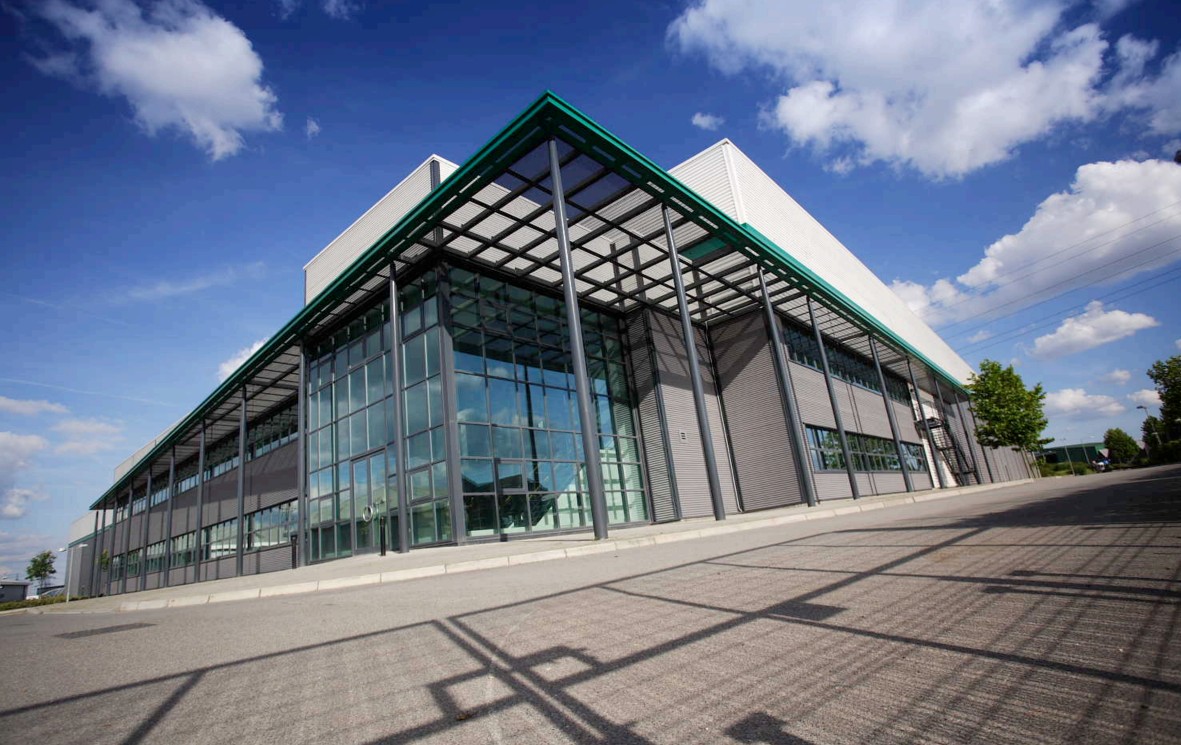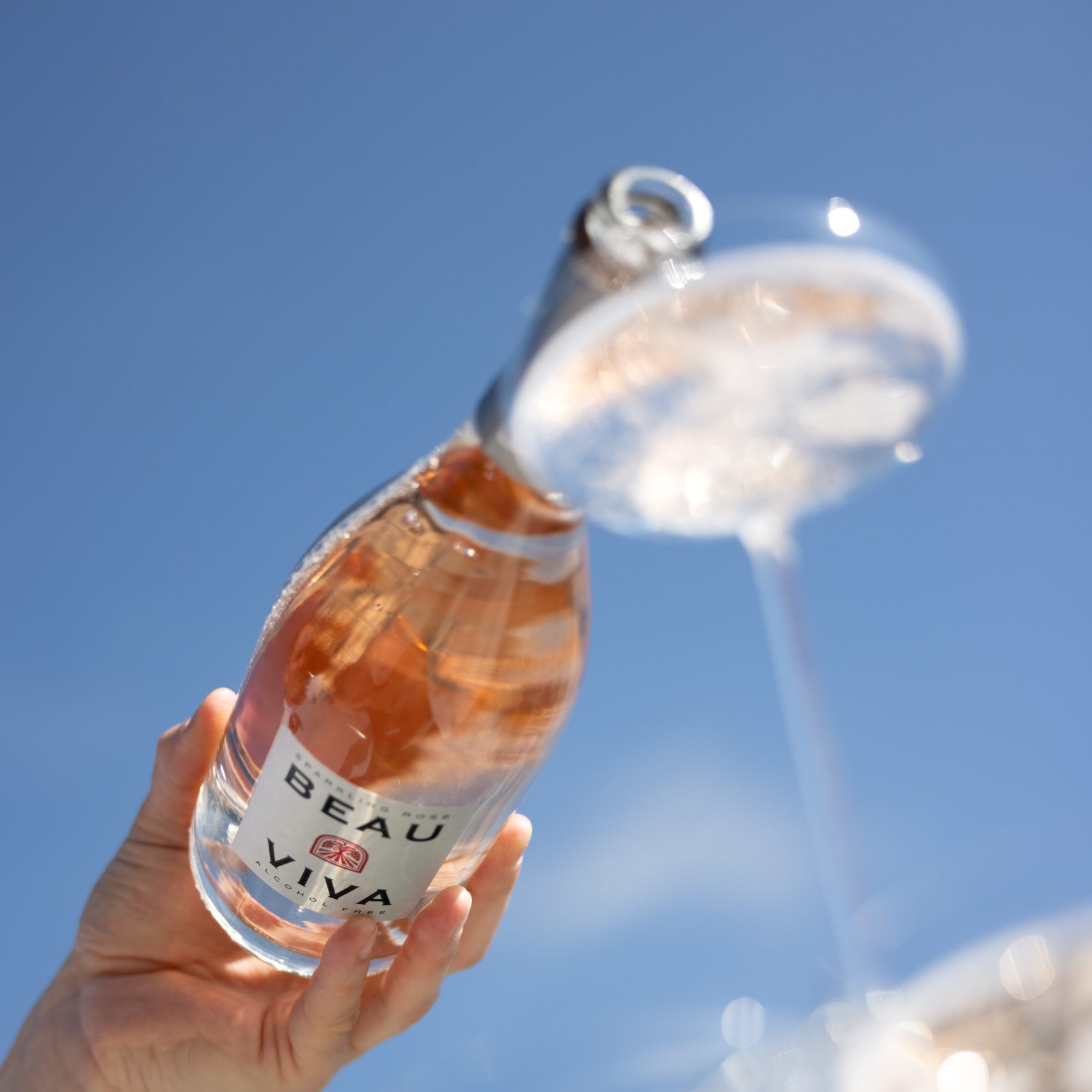What are Gen Z choosing instead of alcohol?
How are consumers born after 1996 spending their time and money, both in the pub and beyond it?

Around a third of people aged 18-24 do not drink alcohol at all, and even those that do drink tend to do so primarily as a treat, to relax, or to mark a special occasion, according to market research firm Mintel.
The company’s new research has found that while relaxation is the most popular reason for drinking alcohol across all generations, Gen Z stands out, drinking alcohol far less as a refreshment or a way to elevate meals. Alcohol is therefore an occasional treat for the younger generation, whereas older consumers consider it a regular, relaxing refreshment.
So if the Gen Z population is shifting its focus away from alcohol-centric socialising, what are these young people choosing to spend their time and money on?
Speaking to the drinks business in October, Laura Willoughby, founder of no- and low-alcohol drinks specialist Club Soda, explained that we are now living in an era of experience.
She characterises our current culture as an “experience economy”, explaining: “It’s why everywhere serves food now. Who would have thought there would be bars set up just to do axe throwing or clay pigeon shooting?”
Partner Content
Our social habits are changing, she says. “We want to be able to laugh and we want to be able to feel like it’s quality time, and that’s across all generations.” Having choices when it comes to drinking feeds directly into this.
Just under half of Gen Zers reported drinking low- and no-alcohol beverages, which suggests that many prefer other beverages entirely.
In terms of fizzy drinks, Gen Z consumers actually reported a lower intake of carbonated soft drinks at bars and pubs than Millennials. However, when it comes to home consumption, Gen Zers do drink more carbonated soft drinks than some older generations. Notably, Gen Zers were above average in agreeing that fruit juices with sophisticated flavours are a better alternative to alcoholic beverages than regular fruit juices, Mintel found.
This indicated that upgraded fruit juice may be a good alternative option for young people. Finally, Gen Z consumers drink energy drinks on a night out more than twice as much as older groups. This heightened consumption could be attributed to the energy boost provided by energy and sports drinks which offer a similar effect to drinking alcohol when partying.
Mintel anticipates that the trend away from drinking alcohol among young people will continue to grow, but may not expand into older generations – who appear to be more consistent in their alcohol consumption levels.
Related news
NBA star Isiah Thomas slam dunks with two kosher Champagnes
Michael Saunders: 'Cheap wine is sort of a misnomer, almost'
Perelada & Chivite brings ‘freshness and expressiveness in Wine Paris debut




